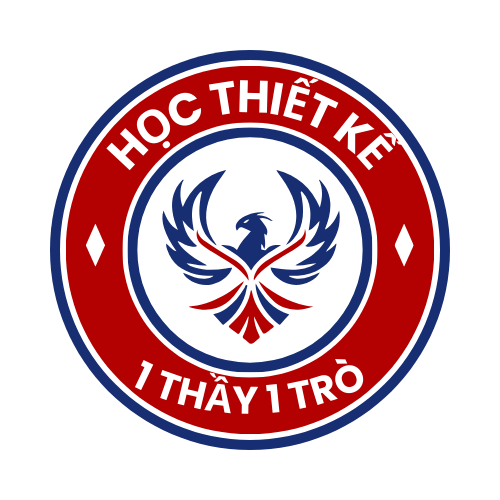The travel industry in 2025 stands at a juncture of progress and responsibility. As global tourism surges to pre-pandemic levels, travelers and industry entities alike are steering a landscape transformed by sustainability imperatives, technological advancements, and shifting consumer preferences.
## Eco-Friendly and Planet-Conscious Travel
The imperative for sustainability has become a cornerstone of modern travel. By 2025, the tourism sector is projected to generate 6.5 billion metric tons of carbon emissions, necessitating swift interventions. Destinations like Costa Rica and Bhutan are pioneering this charge, with the latter maintaining its status as the world’s only emissions-reversing country through rigorous tourism limits.
Restorative travel models, such as New Zealand’s Māori-led green adventures, are acquiring momentum. These projects reflect a broader shift: 73% of travelers now favor brands with robust sustainability practices.
## Personalization and Personalized Adventures
Premium tourism in 2025 is synonymous with extreme customization. Discerning travelers seek life-changing trips adapted to their unique interests. Operators like LuxGroup emphasize “conscientious indulgence,” blending luxury with local integration.
Machine learning is transforming trip planning, enabling adaptive schedules that adjust to real-time preferences. This trend aligns with findings that 64% of luxury travelers prefer personalized offerings over standardized options.
## Combating Overtourism Through Ingenuity
Overtourism remains a critical challenge, prompting travelers to seek “alternative locations” and shoulder-season visits. Cities like Ljubljana are mitigating congestion through automobile-prohibited districts and cycling networks.
Authorities are intervening; Amsterdam and Majorca have implemented tourist limits and conduct regulations to preserve local ecosystems.
## Technology’s Role in Frictionless Travel
AI’s influence reaches beyond personalization into business productivity. Chatbots handle 24/7 customer inquiries, while predictive analytics optimize flight schedules and hotel pricing. Digital simulations previews allow travelers to “test” destinations before booking.
Mobile platforms like Seven Corners optimize trip management, offering real-time updates on weather, crowds, and transportation delays. Cryptographic recordkeeping enhances transparency in carbon offset programs.
## Longer Stays and Local Integration
The era of hectic vacations is declining. High-end tourists are typically taking two-week stays to strengthen cultural connections. Families are increasingly embracing “workations,” combining remote work with prolonged visits.
## Experience-Based Travel and Unconventional Activities
“Concert traveling” has skyrocketed, with fans journeying internationally for major events. Astrotourism—exemplified by constellation viewing in Chile’s Atacama Desert—reflects growing interest in astronomical events.
## Wellbeing and Unplugged Retreats
Self-care journeys is evolving beyond spa retreats to encompass integrated therapies. Digital detoxes combine yoga with organic cuisine, aligning with a 95% surge in demand for health-oriented itineraries.
## Financial Approaches and Value-Conscious Travel
Travelers are leveraging loyalty programs and combined packages to enhance benefits. Banking incentives are being strategically redeemed for premium services, reflecting a shift toward “calculated opulence”.
## Summary
The travel landscape of 2025 is defined by its twofold character: a desire for exploration balanced by ethical accountability. As destinations balance progress with conservation, stakeholders can ensure tourism remains a bridge—not a obstacle—to a more integrated and conscientious world.
